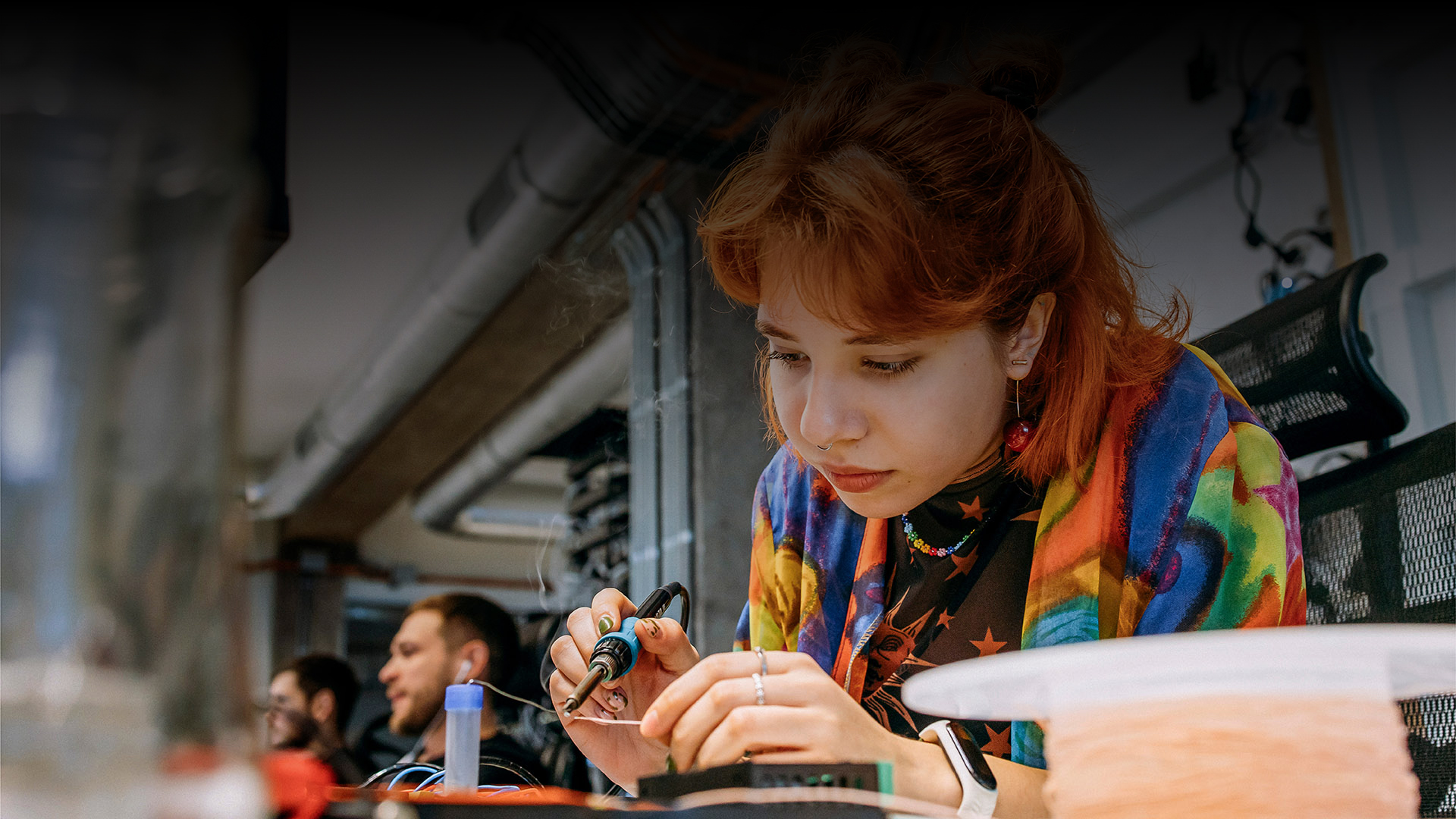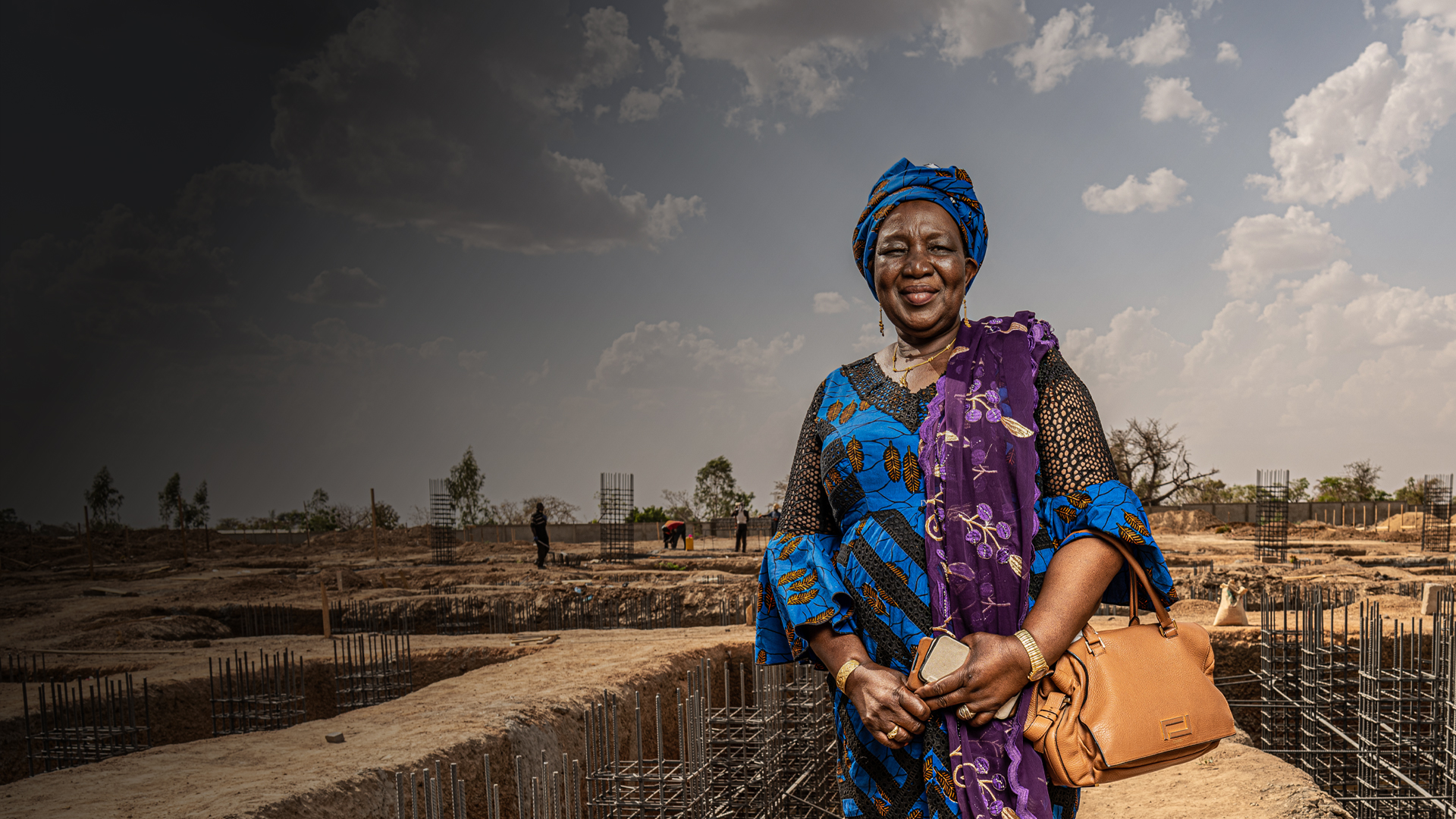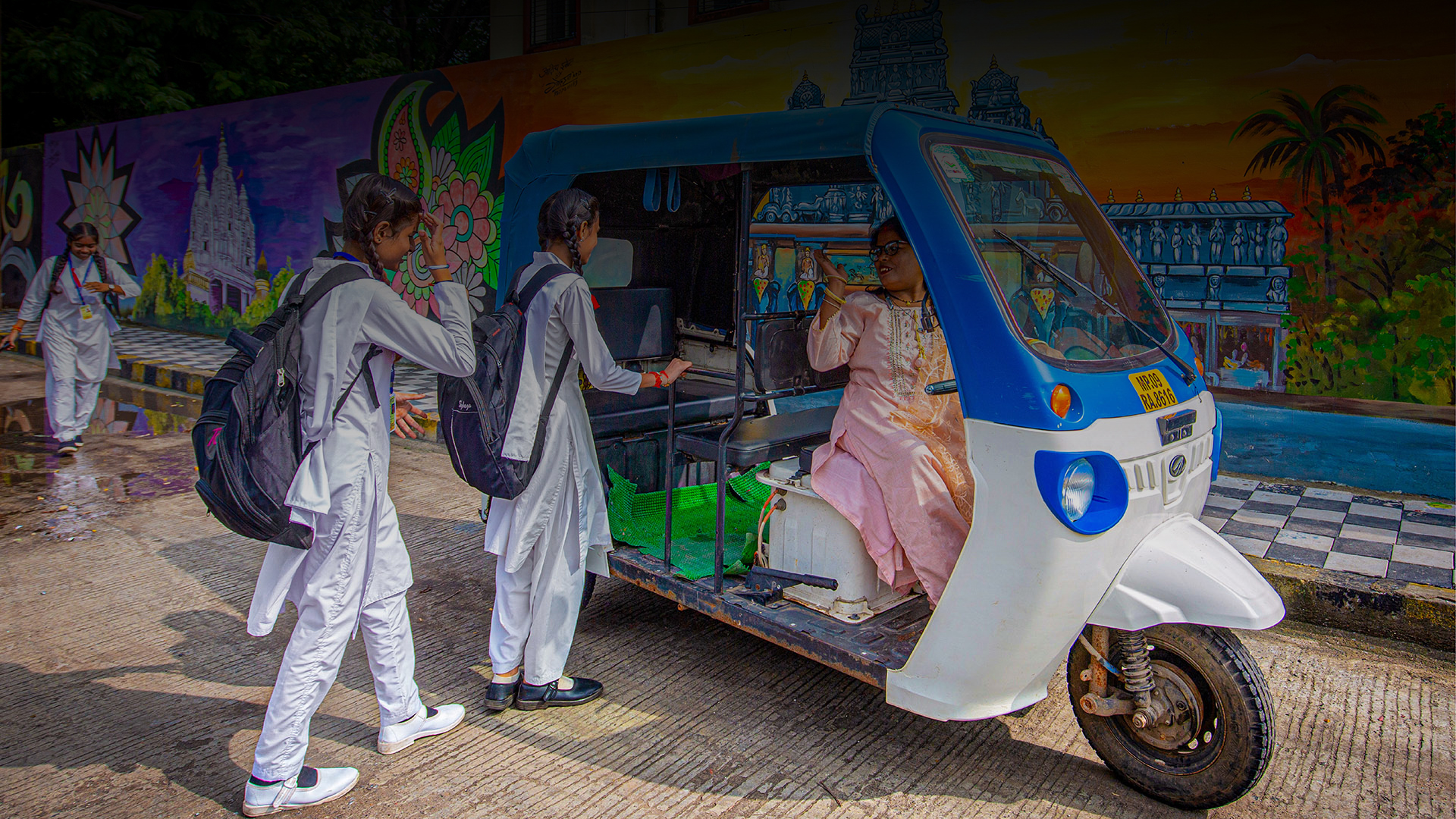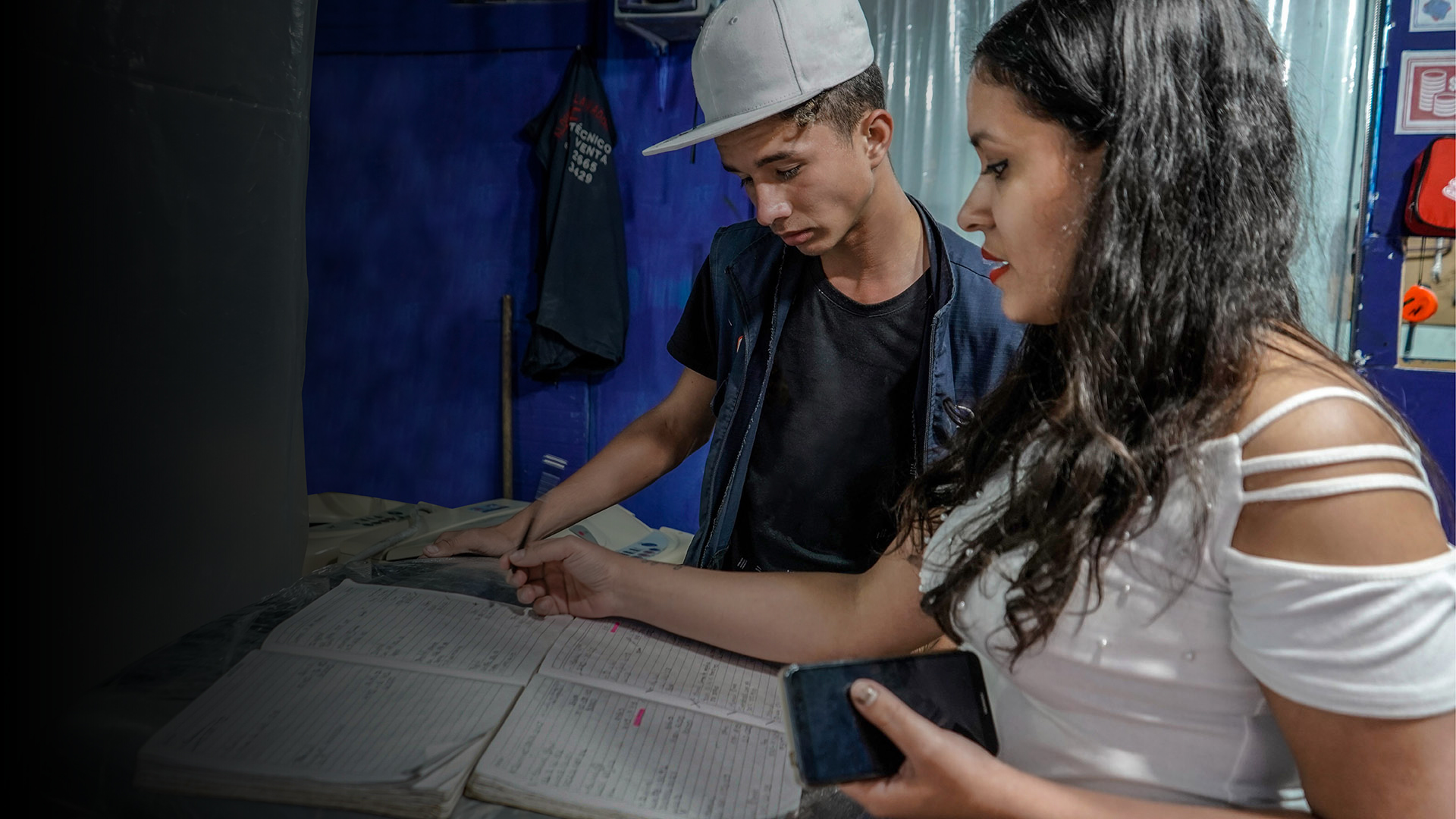
This year brought a continued wave of challenges with global growth slowing sharply, extreme poverty increasing, the climate crisis intensifying, and new conflicts emerging. As these overlapping crises continued to intensify, IFC responded with scale and speed. Most importantly, we recognized that business as usual wouldn’t do, and we raised our ambition to meet the moment.
And in FY23, we delivered. We made over $43 billion in total investment commitments — the largest volume in our history. We set a record for climate commitments, which surpassed $14 billion. We exceeded our gender targets. And we mobilized over $15 billion from external partners — another record.
These are impressive numbers, but what they really represent is jobs created, women entrepreneurs getting access to financial services, greenhouse gas emissions being slashed, and much more. Our achievements this year also speak to how we are reshaping IFC. We have made several changes to how we work that cut bureaucracy and empower frontline staff to take more risks and respond to emerging needs faster. The result? Bold interventions that disrupt crises and drive impact.
Across the world, we are deploying our full arsenal of tools to achieve scale: setting standards, developing innovative financial solutions, using public-private partnerships to build sustainable infrastructure, and mobilizing capital. We are supporting the ingenuity of entrepreneurs who form the backbone of economies around the world — helping small businesses from Cameroon to the Kyrgyz Republic get access to financing. We are focusing on the massive untapped potential of female entrepreneurs in our efforts to address a more than $5 trillion financing gap for micro, small, and medium enterprises (MSMEs).
To ensure the most vulnerable have access to food, we launched a $6 billion Global Food Security Platform and have worked to stabilize volatile food markets and provide much-needed finance to companies along the food supply chain.
In tackling global challenges — from food security to climate change — we must bridge the gap for private investors to access emerging markets and developing economies by mitigating the risks of pioneering investments. That’s why we deployed a record level of blended concessional finance to de-risk highimpact investments, and we continue to launch new facilities to address emerging needs in middle-income countries. IFC now has over 30 different mobilization vehicles, including MCCP One Planet, the world’s first portfolio of emerging market loans aligned with the Paris Agreement.
The World Bank Evolution Roadmap calls on us to do more to address intertwined global challenges. This year we continued retooling IFC to help unlock innovation and deliver more sustainable private sector solutions that lift people up. I am especially heartened by our team, who are behind the projects and initiatives detailed in this report. With talent, passion, and purpose on our side, I am confident that a more virtuous cycle — one that ends poverty, protects the planet, and creates inclusive growth — is within reach.
Makhtar Diop
IFC Managing Director





